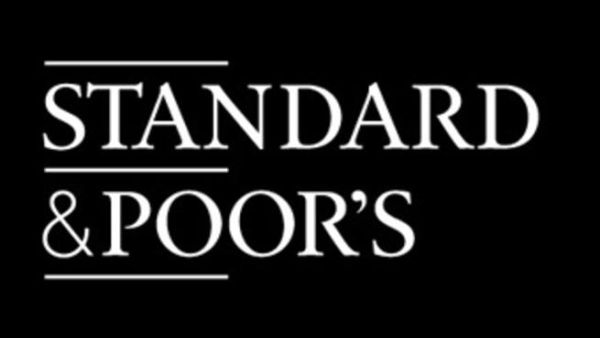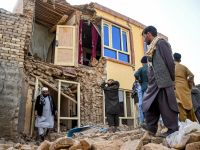Standard & Poor's Ratings Services said today that it affirmed its 'A' long-term and 'A-1' short-term sovereign credit ratings on the Kingdom of Bahrain. The outlook is stable.
The ratings on the Kingdom of Bahrain reflect the government's net financial asset position, renewed development of its hydrocarbon resources, and strong international alliances. These factors provide a counterbalance to high geopolitical risks (relative to the majority of other rated sovereigns) and the Bahraini economy's vulnerability to external shocks.
Oil revenues have been budgeted on the basis of an $80 per barrel oil price for both 2011 and 2012, and we estimate the general government deficit at 1.7% and 1.2% of GDP respectively in those two years (including extra-budgetary expenditures).
"In 2010, we are forecasting that the budget deficit will widen to 6.3% of GDP, from 5.1% of GDP in 2009. However, we forecast a steady improvement in the fiscal deficit thereafter to 2013, as we expect oil prices to remain buoyant and extra hydrocarbons output to become available," said Standard & Poor's credit analyst Mike Noone.
Structural reforms continue, with a recent focus on the labor market, as well as the rationalization of the management of public assets. Further economic diversification remains a key structural objective, particularly given the need to boost private sector employment growth for Bahrainis as large cohorts enter the labor market in coming years.
Background geopolitical risks, and their possible ramifications for domestic stability, are partly mitigated by strong international alliances. Despite past efforts at political reform, discontent among the Shia majority remains a possible source of tensions. However, parliamentary elections, which took place in October this year, passed peacefully and the Al-Wefaq (a Shia-supported group) won two extra seats to give it 18 out of 40 seats in the chamber.
The stable outlook balances the Kingdom's fiscal and external asset positions against political and financial sector risks.
"Success in improving human capital to underpin sustainable growth and reducing the pace of expenditure growth could have a positive effect on the ratings. Conversely, the ratings would come under downward pressure if there was a deterioration in the financial sector or sustained fiscal deficits that would erode the government's net fiscal asset position," added Mr. Noone.







